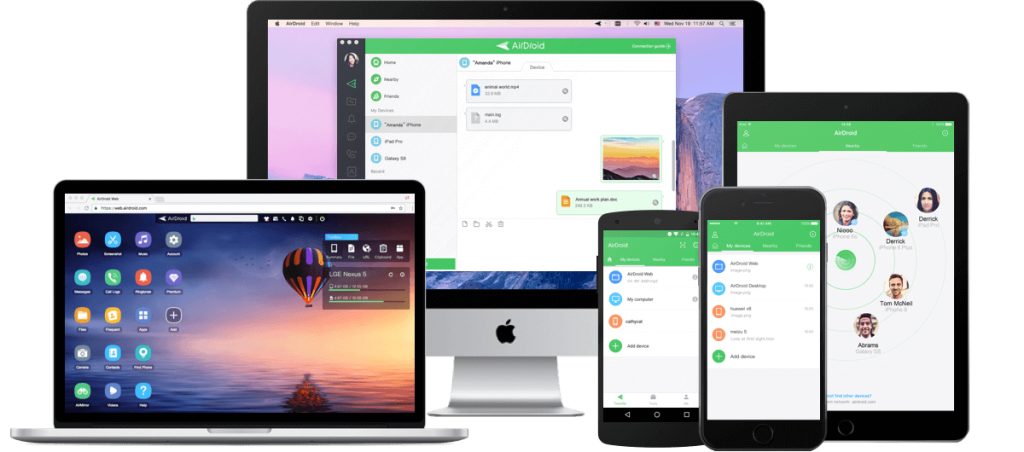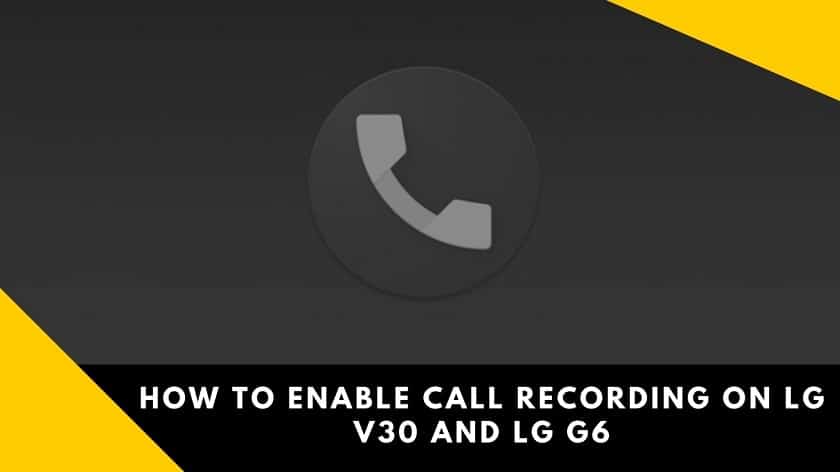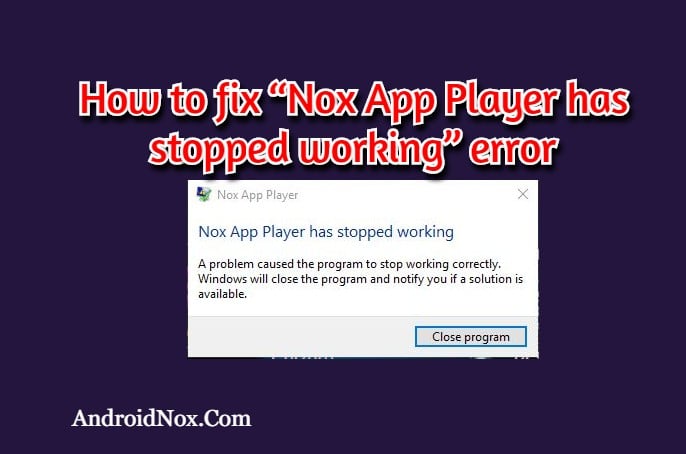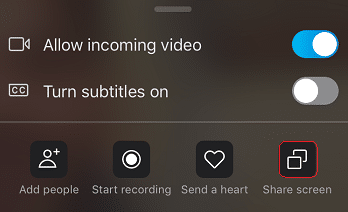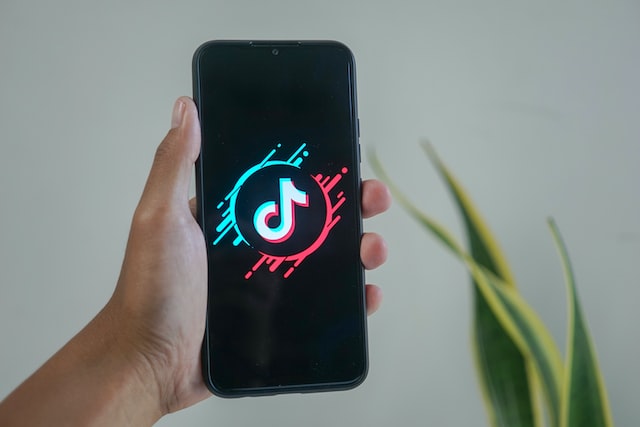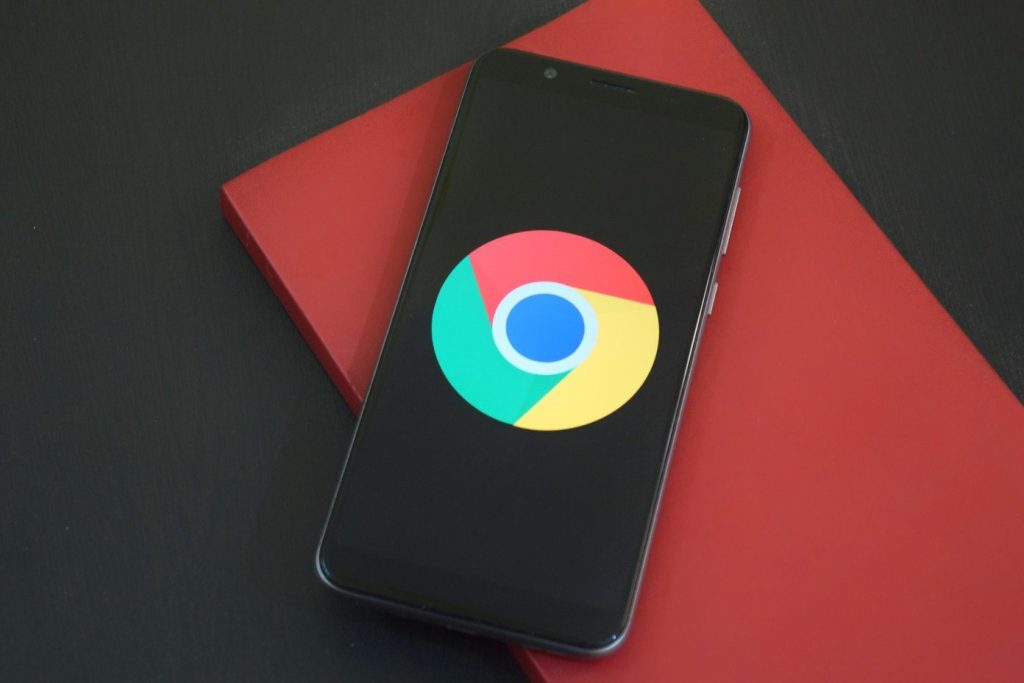In the digital age, coding has become an essential skill. With time, dedication, and internet access, anyone can learn to code. Whether you want to build a website, create a mobile app, or just understand how technology works, coding is a fantastic starting point.
In this guide, we’ll unpack everything you need to know to start writing code—from choosing a programming language to mastering essential concepts. By the end, you’ll be equipped with the knowledge and tools to begin on your coding journey. To get a taste of coding, you can learn coding through interactive lessons online.
Choosing a Programming Language
One of the first decisions you’ll need to make is which programming language to learn. There are many languages, each with its strengths and weaknesses. When making your choice, consider your interests, goals, and the resources available to you.
Some popular languages for beginners include:
- Python: Known for its readability and simplicity, Python is great for web development, data analysis, artificial intelligence, and more.
- JavaScript: Essential for web development, JavaScript allows you to create interactive websites and is often used alongside HTML and CSS.
- Ruby: With a focus on simplicity and productivity, Ruby is a versatile language used for web development and general-purpose programming.
- Java: Widely used in enterprise settings, Java is a versatile language that can be used for web development, mobile app development, and more.
Finding Learning Resources
Once you’ve chosen a programming language, you’ll need to find the right learning resources. There are many options available, catering to different learning styles and budgets.
Some popular resources include:
- Online tutorials: Many websites offer free, step-by-step tutorials for learning programming languages. These can be a great starting point and a valuable reference as you progress.
- Interactive platforms: Websites like Tynkey, Codecademy, and FreeCodeCamp offer hands-on learning experiences that allow you to practice coding in real-time.
- Books: There are countless books on programming, ranging from beginner-friendly guides to advanced textbooks. Many are available in digital formats, making them easily accessible.
- Races: Online platforms like Coursera, edX, and Udacity offer coding courses, often taught by experts from top universities and companies. Many courses are available for free, while others require a fee.
Understanding Core Concepts
To become a proficient coder, you’ll need to understand and master several core concepts.
These include:
- Variables: Variables are used to store and manipulate data in a program. Understanding how to create, use, and update variables is crucial in coding.
- Control structures: These are the building blocks of programming logic, allowing you to control the flow of your code. Common control structures include loops, conditional statements, and functions.
- Data structures: Data structures are ways of organizing and storing data. Common data structures include arrays, lists, and dictionaries.
- Object-oriented programming: Many programming languages use object-oriented programming (OOP), a paradigm that organizes code into “objects” containing data and functions.
practice, practice, practice
The key to becoming a skilled coder is practice. To improve your coding abilities, try the following:
- daily code: Set aside time each day to practice coding. This consistent effort will help you build good habits and improve your skills.
- solve problems: Websites like LeetCode, HackerRank, and Project Euler offer programming challenges to help you develop your problem-solving abilities.
- Build projects: Start by building small projects, like a simple calculator or a basic website, and gradually work your way up to more complex projects. This will help you apply what you’ve learned and develop your coding skills.
- Collaborate: Working with others on coding projects can help you learn from their experiences and perspectives. Join online coding communities or attend local meetups to connect with other coders.
- stay curious: Keep up with the latest trends and developments in the tech industry. Read blogs, attend conferences, and explore new programming languages and tools.
In Conclusion
Learning to code can be a challenging but rewarding experience.
By choosing a programming language, finding the right learning resources, understanding core concepts, and practicing regularly, you can become a proficient coder.
Remember to stay curious, embrace new challenges, and never stop learning.
